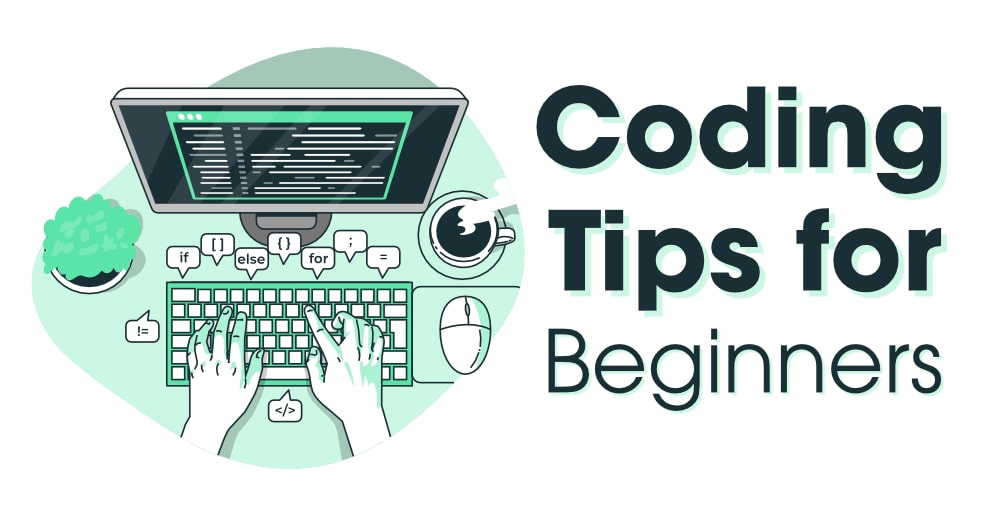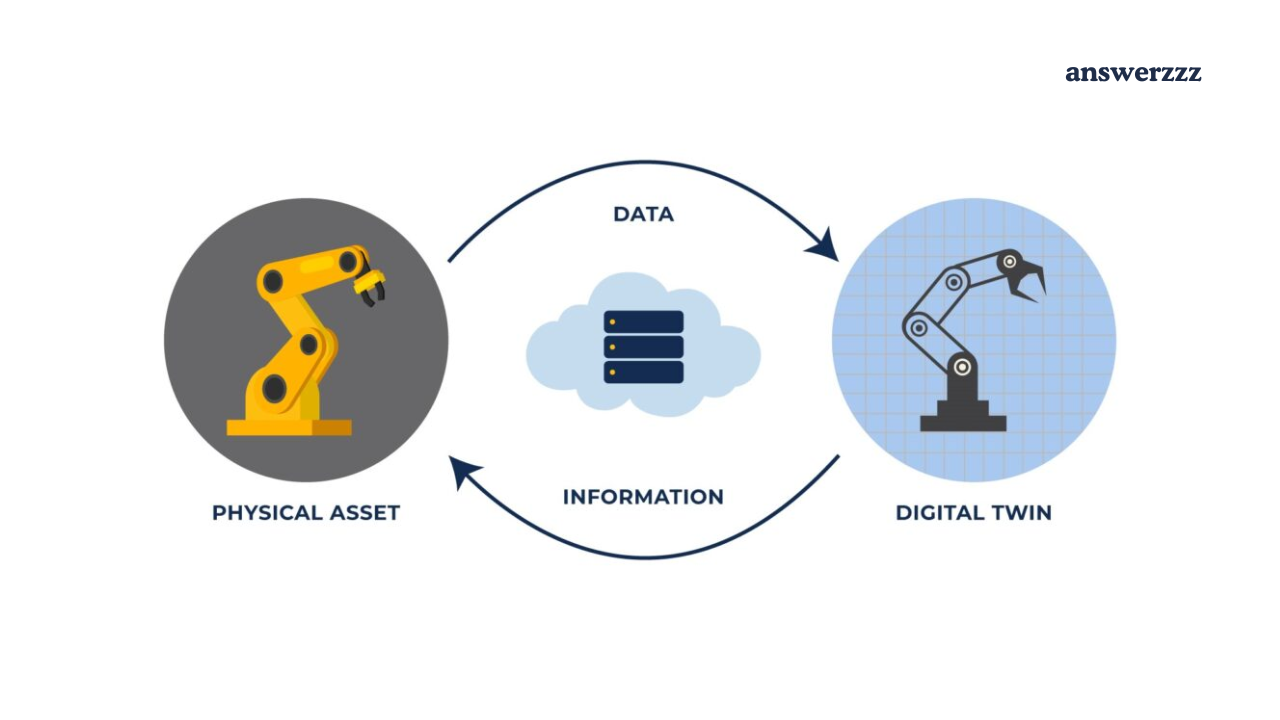Blockchain technology, once primarily associated with cryptocurrencies, has evolved into a revolutionary tool impacting various industries beyond finance. At its core, blockchain is a distributed ledger that enables secure, transparent, and tamper-proof transactions. Its decentralized nature is what initially made it attractive for digital currencies like Bitcoin, but today, industries from healthcare to supply chain management are leveraging blockchain for innovative solutions. This article delves into the diverse and unexpected applications of blockchain technology in various fields, highlighting how this technology is reshaping industries.
1. Healthcare: Revolutionizing Data Management and Patient Privacy
In healthcare, data management and patient privacy are critical. Traditionally, patient records are stored in isolated systems, making data sharing cumbersome and increasing the risk of data breaches. Blockchain technology offers a solution by providing a decentralized and secure way to store and share patient information. By allowing data to be accessible to authorized parties in a transparent, encrypted manner, blockchain can streamline medical history transfers and reduce the chances of errors.
Blockchain can also enhance drug traceability and fight counterfeit drugs, which is a significant problem worldwide. For instance, pharmaceutical companies can use blockchain to track the entire lifecycle of a drug from manufacture to distribution, ensuring the authenticity of medicines. Patients and healthcare providers can scan a barcode on a medicine to verify its origin and authenticity, enhancing trust and safety in the industry.
2. Supply Chain Management: Enhancing Transparency and Efficiency
The global supply chain is complex, involving multiple stakeholders, including suppliers, manufacturers, and distributors. Blockchain technology offers a new level of transparency by enabling all participants in the supply chain to access the same data in real time. This transparency allows for precise tracking of goods from the point of origin to the final destination, reducing delays, preventing fraud, and improving accountability.
One of the notable examples is Walmart’s use of blockchain to track production. By implementing blockchain technology, Walmart can trace a product back to its origin within seconds, which is critical in cases of foodborne illness outbreaks. This level of transparency helps in identifying sources of contamination quickly, thus protecting consumers and minimizing economic losses.
3. Real Estate: Simplifying Transactions and Improving Transparency
How Artificial Intelligence is Changing Everyday Life: What to Expect in the Next Decade
Blockchain technology has the potential to simplify real estate transactions by reducing the need for intermediaries such as brokers, agents, and lawyers. Through smart contracts, a blockchain-based system can automate processes such as property transfers, leasing, and financing. These smart contracts can be programmed to execute transactions automatically when specific conditions are met, reducing the risk of fraud and human error.
Furthermore, blockchain can create an immutable record of property ownership, providing a transparent history of transactions and helping to prevent issues like double-selling. This capability is particularly valuable in regions where property rights are less secure or where documentation is unreliable. By storing records on a blockchain, both buyers and sellers can trust the data without needing extensive, costly verifications.
4. Voting Systems: Securing the Democratic Process
Elections have long faced challenges related to security, transparency, and accessibility. Blockchain technology can address these issues by providing a secure and verifiable method for casting and counting votes. In a blockchain-based voting system, each vote is recorded on a distributed ledger, making it virtually impossible to alter once it’s entered. This transparency and immutability can eliminate many forms of electoral fraud.
Moreover, blockchain-based voting can increase accessibility by allowing voters to cast their ballots online without compromising security. Some regions have already started experimenting with blockchain voting. For example, in 2018, the U.S. state of West Virginia used blockchain technology in a pilot program for overseas voters, proving that secure, blockchain-based voting is feasible and can strengthen democratic processes.
5. Intellectual Property and Digital Rights Management: Protecting Creators

Intellectual property (IP) protection is a major concern in the digital age, where content such as music, art, and literature is easy to duplicate and distribute without proper licensing. Blockchain offers a solution by creating a verifiable and tamper-proof record of ownership. Creators can register their work on a blockchain, establishing clear proof of ownership and licensing rights.
Beyond IP protection, blockchain can enhance royalty distribution. Music and art platforms can utilize smart contracts to ensure that royalties are automatically distributed to artists each time their work is sold or streamed. For instance, musicians can register songs on a blockchain, and every time their song is played or downloaded, a smart contract can ensure they receive their share instantly, without intermediaries.
6. Education: Credential Verification and Record Keeping
Academic credentials are another area where blockchain can bring significant benefits. Traditionally, verifying educational records, such as degrees or certificates, requires contacting issuing institutions, which is time-consuming and vulnerable to fraud. Blockchain can streamline this process by allowing educational institutions to issue credentials on a blockchain, creating a permanent, verifiable record that employers or other institutions can access instantly.
Blockchain-based credential verification also enables students to have control over their academic records, allowing them to share their achievements with prospective employers or educational institutions securely and without delays. Several universities, including the Massachusetts Institute of Technology (MIT), have already experimented with issuing diplomas on a blockchain, making it easier for students to verify their qualifications.
7. Environmental Sustainability: Promoting Green Initiatives
Top 10 Breakthrough Tech Innovations of 2024 That Are Shaping the Future
Blockchain technology is being explored as a way to promote and verify environmental sustainability efforts. For instance, blockchain can track carbon credits and ensure they are not double-counted, helping companies and governments meet their emission reduction goals. Blockchain’s transparency also allows consumers to verify claims about sustainable practices, such as tracking the journey of ethically sourced materials.
Some blockchain projects aim to support the transition to renewable energy. By using blockchain to track energy production and consumption, renewable energy certificates (RECs) can be accurately and transparently issued. This system provides an incentive for businesses and consumers to use clean energy by making it easy to verify and trade RECs, thereby encouraging green initiatives on a larger scale.
8. Insurance: Automating Claims and Enhancing Fraud Detection
The insurance industry is ripe for blockchain disruption. The current claims process is often slow, inefficient, and prone to fraud. Blockchain technology, along with smart contracts, can streamline the process by enabling automatic verification and processing of claims. For example, a smart contract can automatically release payment to a policyholder when pre-defined conditions are met, such as a medical claim being verified by a healthcare provider.
Additionally, blockchain’s transparency and immutability can help reduce fraud. By keeping an accessible and secure record of all transactions and policies, blockchain makes it more difficult for fraudsters to file duplicate or false claims. This not only saves insurers money but also creates a more trustworthy experience for legitimate policyholders.
9. Humanitarian Aid and Donations: Ensuring Transparency in Fund Distribution
Blockchain can enhance transparency and accountability in the humanitarian sector, where misappropriation of funds is a common issue. Charities and NGOs can utilize blockchain to track donations from donors to recipients, ensuring that funds reach those in need. Donors can follow their contributions, gaining confidence that their money is being used appropriately.
Blockchain can also improve the efficiency of disaster relief efforts. By using a blockchain-based system, organizations can quickly and accurately distribute aid and track resources. This transparency is especially beneficial in areas where infrastructure is lacking, as blockchain enables peer-to-peer transactions without relying on traditional banking systems, ensuring aid reaches remote regions.
10. Gaming and Virtual Assets: Creating Ownership of Digital Assets

Blockchain is creating new opportunities within the gaming industry, especially concerning ownership of virtual assets. Traditionally, players could purchase in-game items, but they did not genuinely own these assets. Blockchain enables true ownership of digital items through non-fungible tokens (NFTs). Players can trade, sell, or transfer their virtual assets outside of the game, giving them real-world value.
Blockchain also facilitates secure transactions in the gaming ecosystem. For example, players can trade assets directly with each other on blockchain marketplaces, ensuring transactions are transparent and secure. This functionality has given rise to “play-to-earn” models, where players earn cryptocurrency or valuable digital assets by participating in the game.
The versatility of blockchain technology is reshaping industries far beyond cryptocurrency. By providing transparency, security, and efficiency, blockchain is solving complex challenges across sectors from healthcare to education, and environmental sustainability to gaming. As blockchain technology continues to evolve, its potential applications will expand, further integrating into everyday processes and transforming industries. The future of blockchain beyond cryptocurrency holds the promise of a more transparent, efficient, and secure digital world.
Unpacking the Potential Influence of Microtransactions on Gaming Communities




